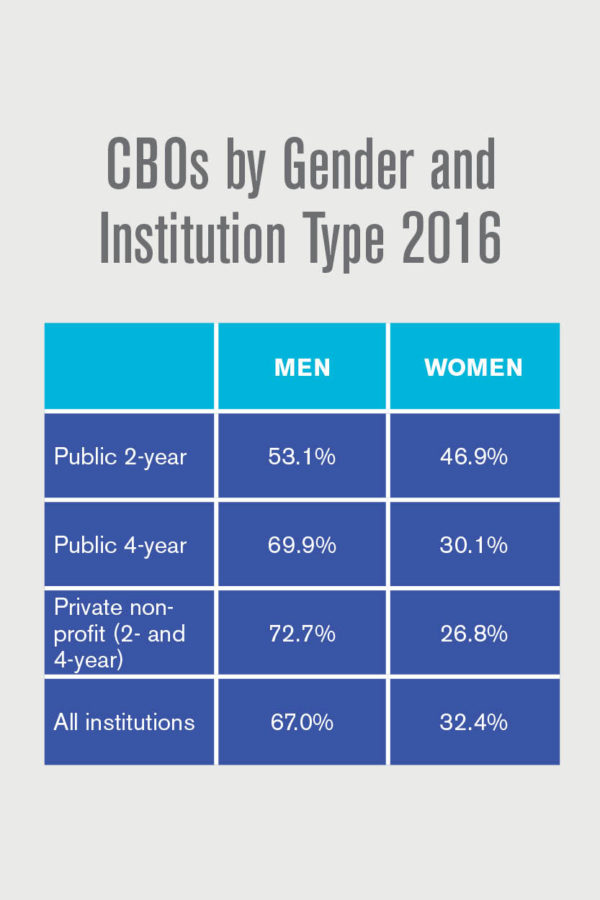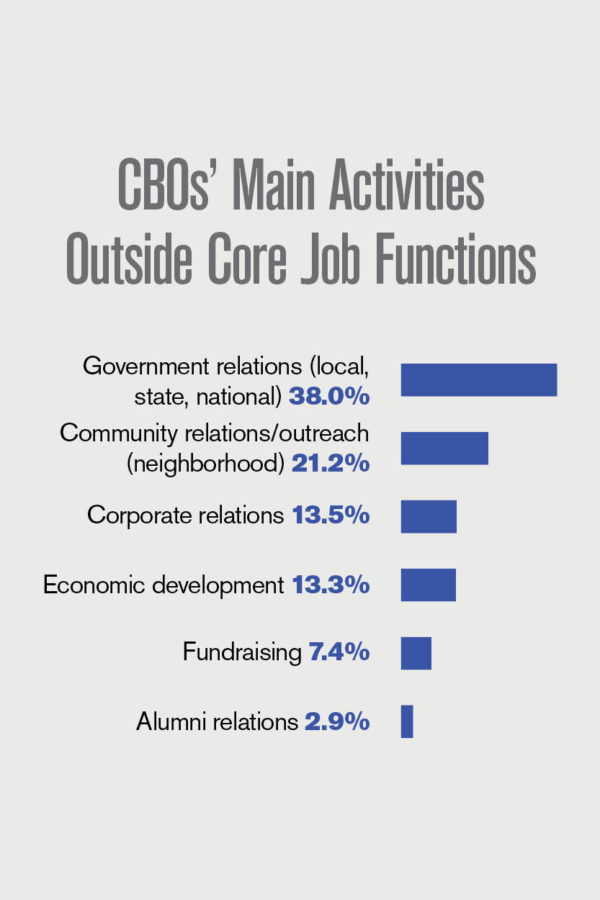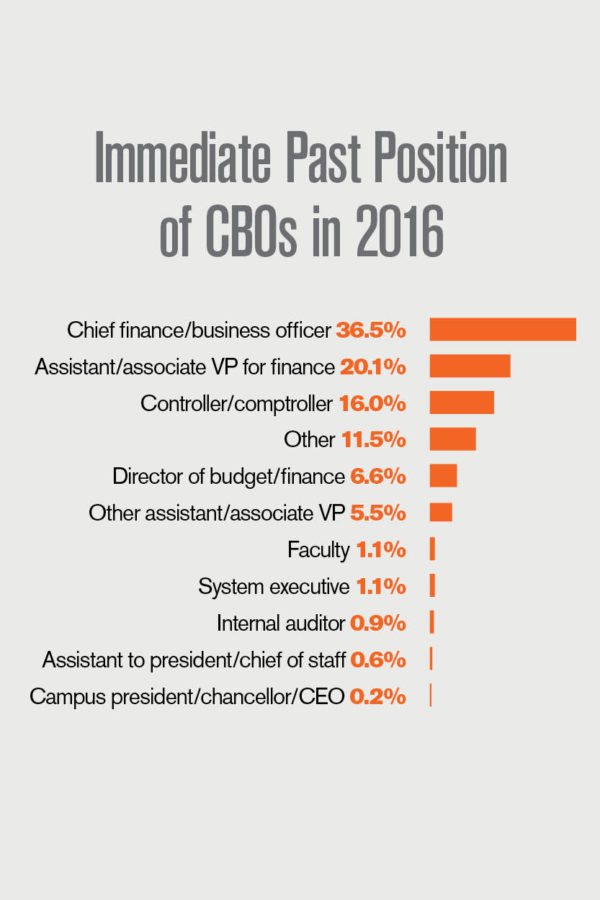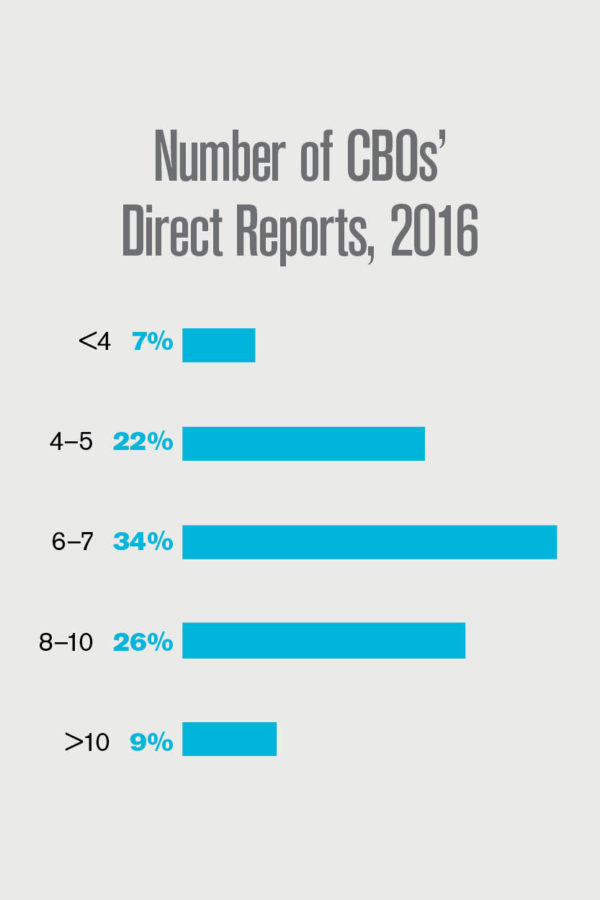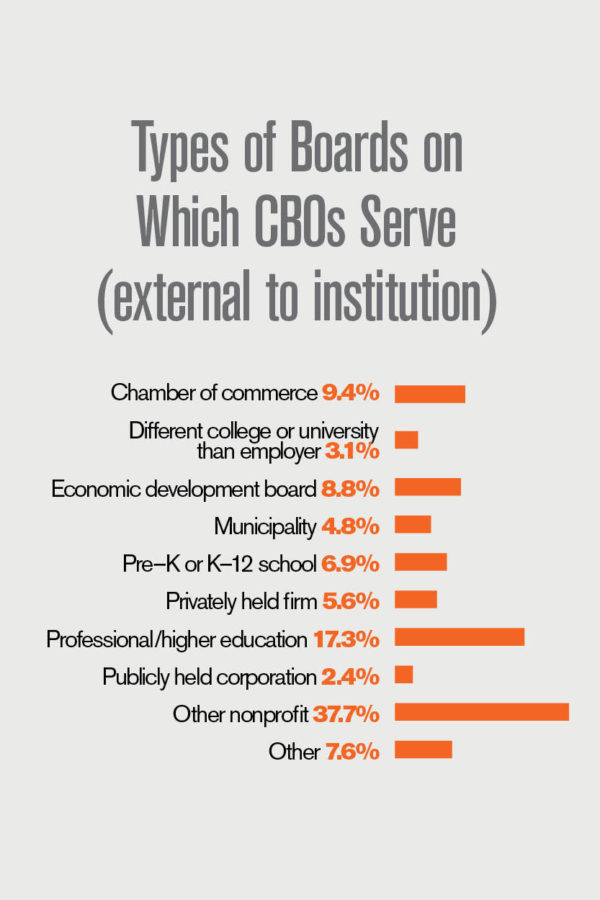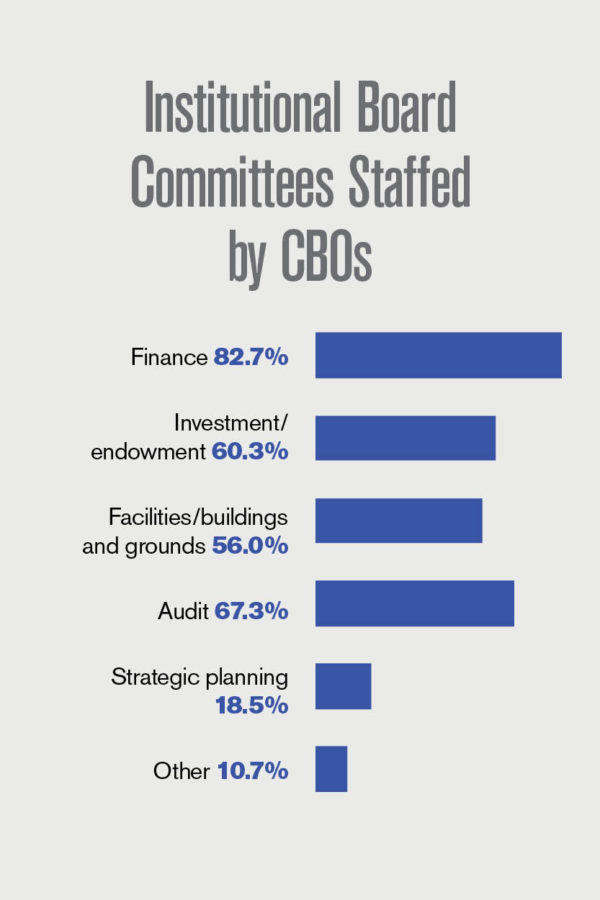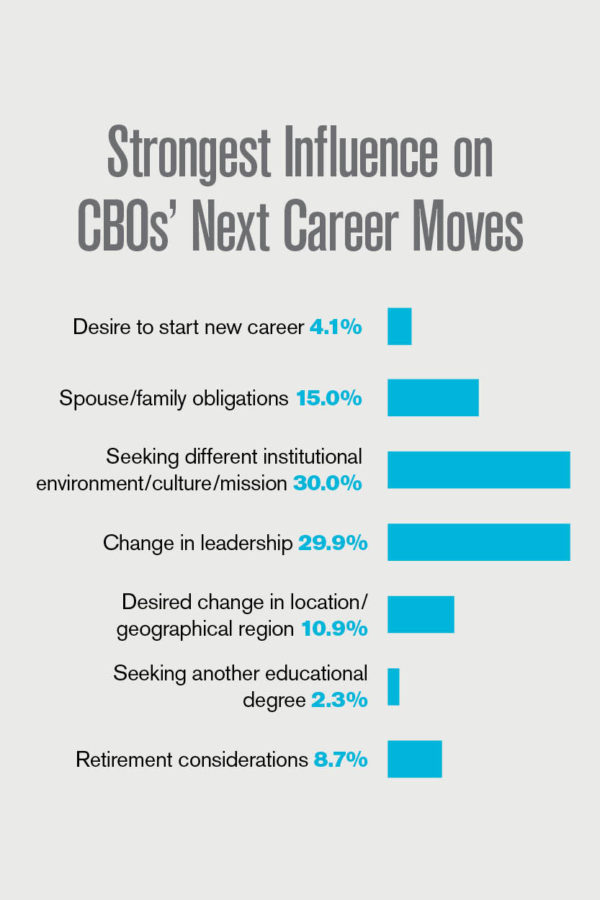Clemson University revises its guest parking policy, which results in increased meter revenue and more parking spots for employees.
Before you build a garage or another surface lot, you might want to take a look at your parking policies, advises Dan Hofmann, director, parking and transportation services, Clemson University, Clemson, S. C.
That’s what Hofmann did soon after he arrived on campus. “When I got to the university five years ago, we were giving out free guest permits,” Hofmann explains. “On the back of the permit, directions allowed visitors to park in employee parking spaces. Employees were flipping out, saying, ‘We don’t have enough parking.’ Well, maybe we did have enough parking; we just weren’t managing it the way we should.” In the first year that Hofmann tracked the data, he discovered that 37,000 free guest permits were issued. “We basically took away 37,000 spaces during the course of a year from employees. We were allowing visitors to take parking supply. In effect, employees were subsidizing visitors and the free parking on campus. We were trying to be visitor-friendly but employees, who had to hunt for spaces, were having a tough time.”
Freeing Up Supply
Hofmann points out that employees pay for their permits based on their respective incomes. For example, employees who make less than $30,000, pay $24 for an annual permit, while employees who make more than $90,000 pay $200. He adds that students pay a flat fee of $148 per year. “We can keep it low,” he says. “We’re very fortunate—we have no garages. We have not pushed that button yet,” Hofmann says. “Instead, we’re working on reducing demand, which is a common theme. When a garage goes up, permit prices get a lot higher because of the required maintenance and debt service.”
Smart Meters, More Revenue
Hofmann ended up requiring visitors to use the 400 metered spaces that are spread across campus. “Instead of building more, we freed up supply,” he says. “We elected technology and got a huge rate of return. Our meter revenue, which was about $115,000, is now about $450,000, primarily from visitors.”
At Clemson, even the meters are now smart, sounding an alarm when they need to be collected or repaired. According to Hofmann, 27 meters with multiple payment options, such as credit card, debit card, dollar bills, coins, and the Tiger One card, manage 400 spaces. Pay-by-cell phone has just been added, and Clemson is about to launch payment by validation codes for departments to use. “These technologies are reducing emissions on campus, improving traffic— and ultimately leading to more revenue.”
For more information about campus parking technology and solutions, read “No Decal? No Problem.”
SUBMITTED BY Margo Vanover Porter, Locust Grove, Va., who covers higher education business issues for Business Officer




